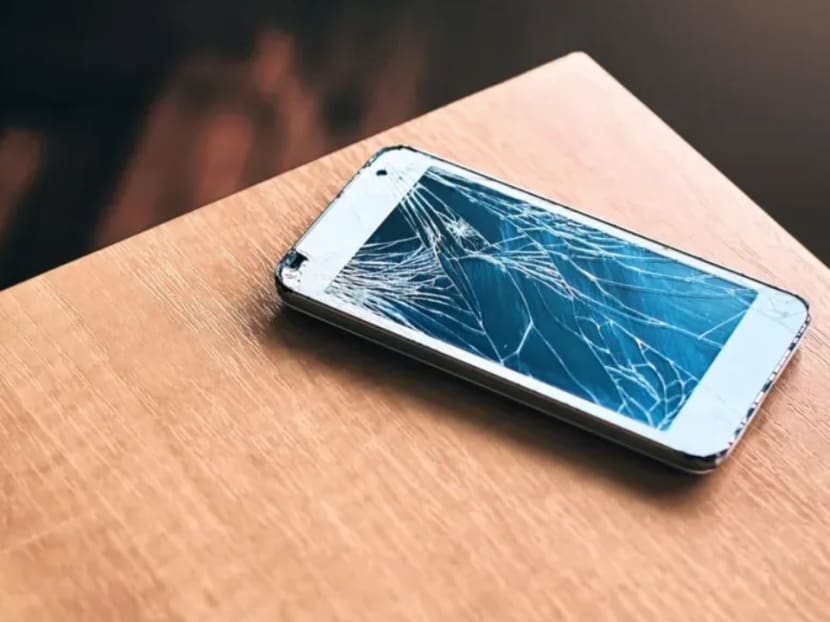Chinese scientists raise alarm about LCD screen pollution
JIANGSU (China) — Chemicals leaking from millions of computer screens in homes, offices and schools could damage human health, according to research by Chinese scientists.
JIANGSU (China) — Chemicals leaking from millions of computer screens in homes, offices and schools could damage human health, according to research by Chinese scientists.
Chemistry professor Su Guanyong and colleagues at Nanjing University of Science and Technology in eastern Jiangsu province studied more than 360 types of chemicals used in computer and mobile phone screens and found that 87 of them could be a danger if they got into the environment.
Some chemicals in liquid crystal displays (LCDs) could alter genes, they said. Animal cells mutated unexpectedly if exposed, and preliminary results of their ongoing study published in Proceedings of the National Academy of Sciences on Monday (Dec 9) showed that one of the most polluted places was the home.
Dr Su, professor at the school of environmental and biological engineering, said he had been worried about the effect of exposure to computer screens on human health for a long time.
Studies found that excessive radiation from screens could speed up the ageing of skin and blue light from diodes could harm the retina of the eye. “But nobody has looked beyond the brightness to unveil the dark secrets behind,” Dr Su said.
In LCDs, electricity changes the structure of chemicals to control the amount and wavelength of light from each pixel.
Over the years, screen panel manufacturers have pushed LCD technology to higher resolutions and faster refreshing rates, but the chemical composition of the liquid crystal that fills their screens has hardly changed.
Dr Su and colleagues produced a list of chemicals used by manufacturers and found that 87 – about a quarter of the substances tested – might be “persisting organic pollutants” that were not only harmful to health, but their composition meant they would take years or sometimes decades to decompose.
The exact effect of these chemicals was unknown.
Dr Su’s team went to a phone repair shop and bought used screens found in six mobile phone brands in China and abroad. “We don’t want to name them because this is not a problem of specific manufacturers. It is the whole industry,” he said.
They exposed embryonic chicken cells to liquid crystal taken from the screens and compared them to cells grown in normal conditions. They found genetic changes that suggested the exposed cells had mutated.
“Our laboratory has tested a large number of toxic substances. This [effect] is similar to the exposure of other known persistent organic pollutants,” Dr Su said.
The Nanjing team was baffled by the amount of liquid crystal in the air. They knew screens were made in dust-free factories and sealed, but their surveys of hotels, school buildings, canteens, dormitories, electronic product repair centres, homes and laboratories revealed surprising results.
Liquid crystal was not only present in the air in all of these places, but the second-highest concentration was found in flats, while a laboratory that housed a large number screens topped the list.
The lowest levels were found in a canteen, a dormitory and classrooms. Dr Su said they were not sure where the drifting liquid crystals came from. Some screens might have been cracked or broken, he said. If a screen was left on for a long time, heat and radiation might cause liquid crystal to evaporate.
“There can be other sources, too. We are conducting further investigations,” he said.
The precise effect on human health under long-term exposure to these particles was unclear and more studies were needed to set a safe threshold.
“We just stepped into an unknown world,” Dr Su said. “Many studies are waiting to be done by researchers not only in China, but around the world.”
There was no solution to the problem at this stage, the researchers said. To push the government for more strict regulations meant that the scientific community had to come up with more evidence and a better understanding of the problem.
One thing could be done right away, Dr Su said.
“Electric device recycling plants could be a major source of emissions, with broken screens dumped everywhere and little protection. This practice must stop,” he said. SOUTH CHINA MORNING POST










